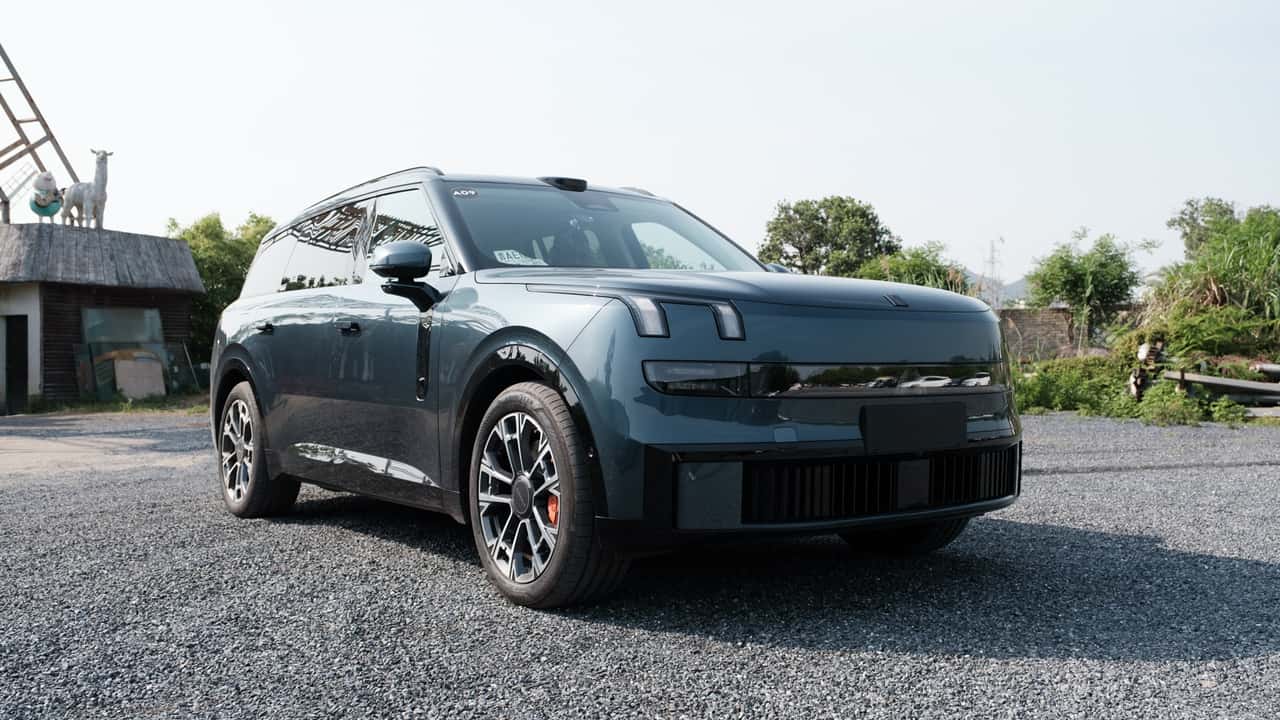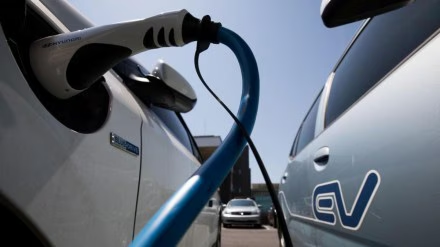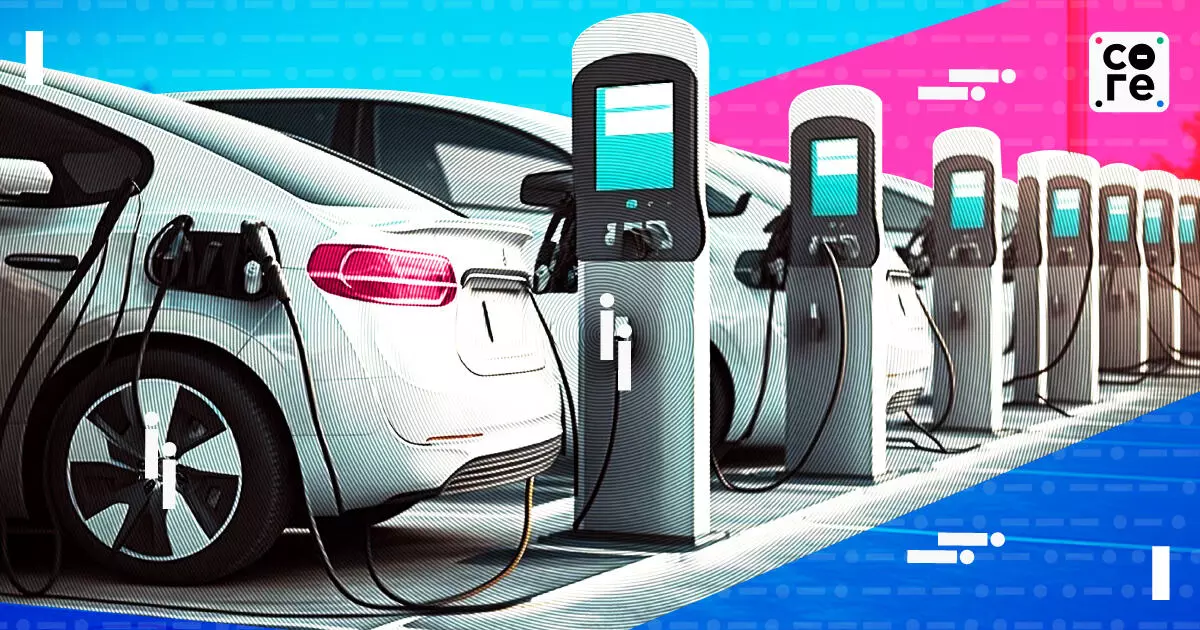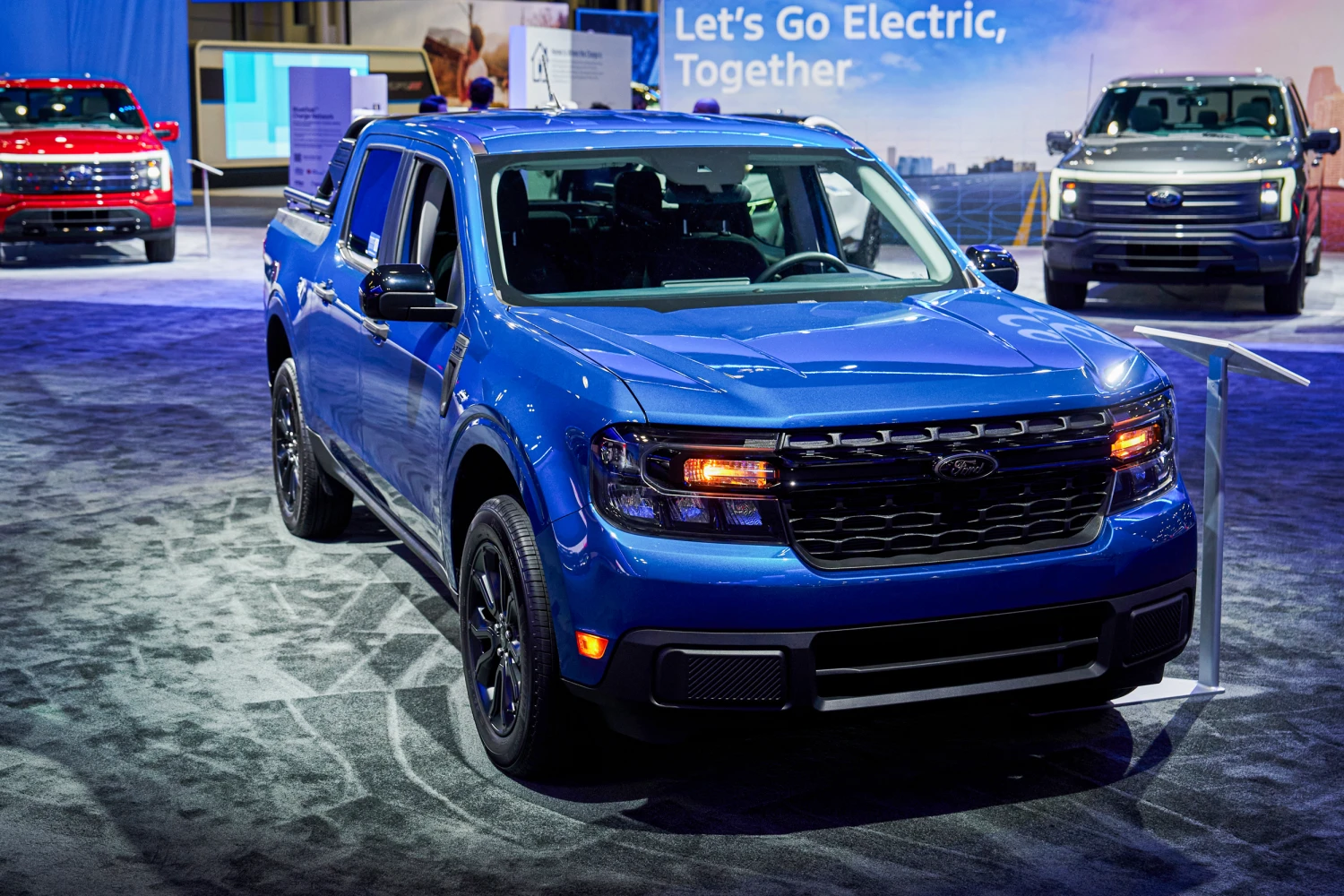Do you feel range anxiety about driving your dream electric car in India?
Well, you are alone to worry about it. Electric vehicles provide cleaner air, have low running costs, and help build a greener planet. Besides, silently travelling through city streets, saving on petrol, and contributing to the environment is highly attractive. Yet, where to charge it midway? Does it have enough charging stations around you? Will the government or financial lenders provide any help with upfront costs? This range anxiety extends beyond battery life to the entire EV ecosystem. So while you want to switch it on, there might be uncertainties about the supporting infrastructure.
This guide will help you understand EV-friendly cities in India and which would be suitable for driving and buying an electric car. Without any further ado, let’s check the details!
12 Top EV-Friendly Cities In India To Drive an Electric Car in 2025
The following is a list of 12 top EV-friendly cities in India to drive an electric car in 2025:
- Bangalore – Karnataka
- Delhi – Delhi
- Mumbai – Maharashtra
- Hyderabad – Telangana
- Pune – Maharashtra
- Chennai – Tamil Nadu
- Ahmedabad – Gujarat
- Kochi – Kerala
- Jaipur – Rajasthan
- Indore – Madhya Pradesh
- Lucknow – Uttar Pradesh
- Chandigarh – Chandigarh
Several factors make these locations ideal for buying and driving an electric car in the city — they’re exceptionally EV-friendly. Let’s dive into the details!
1. Bangalore: Due To Its Robust EV Infrastructure and Government Support
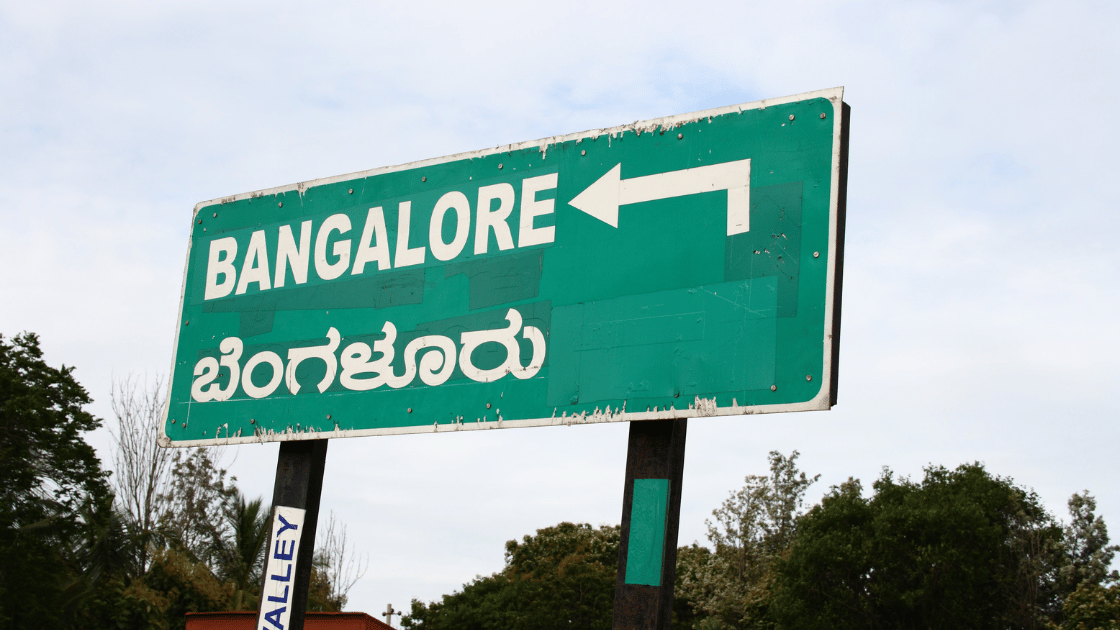
Bangalore is at the forefront of India’s electric vehicle (EV) revolution due to Karnataka’s proactive EV policy. Besides, it has the most favorable environment for innovation and startups.
Bangalore provides many benefits for EVs like:
- Comprehensive subsidy structures
- Exemption from road tax
- Less to no registration fee
Hence, many EV manufacturers like Ather, Ola Electric, and Mahindra have their operational bases in the city with a strong local supply chain.
Some active initiatives and reasons to drive EVs in Bangalore include:
- 700+ public charging stations across regions like Whitefield, Electronic City, and Indiranagar.
- Government collaborations with organizations like BESCOM and private firms like Tata Power are needed to ensure real-time availability of charging slots via mobile apps.
- They have various gated communities and tech parks with integrated private charging setups and are continuing to do so.
Its presence of India’s top tech talent and startups encourages rapid adoption of EV-friendly smart solutions, including connected cars, predictive maintenance, and AI-based battery health monitoring. But Bangalore’s increasing EV population needs early booking for public fast-chargers to reduce waiting time.
Additionally, if you are buying an electric car via a car loan, then various Karnataka-based lenders like Canara Bank and SBI provide a 0.50% interest concession under priority sector lending. You can even use EMI calculators on PaisaBazaar to compare those offers.
2. Delhi: Due To Its Greater Policy Incentives and Dense Charging Grid
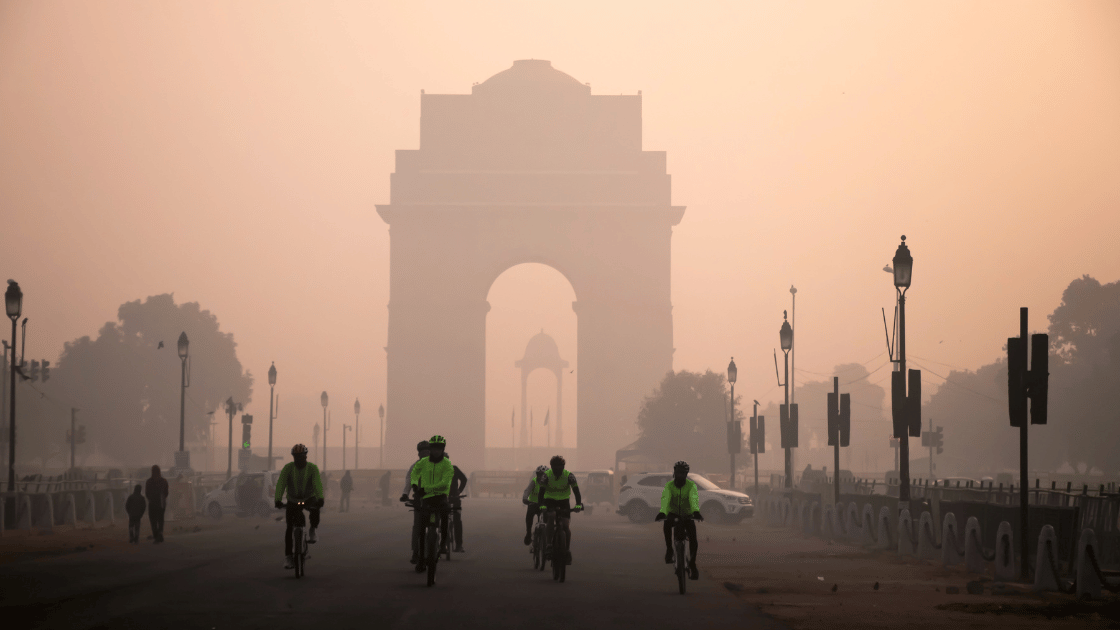
Delhi established an EV policy in 2020 that aggressively encourages the use of electric vehicles to curb pollution levels.
Hence, it provides substantial incentives for buyers. EV buyers can get subsidies of up to ₹1.5 lakhs on electric cars, which is inclusive of waivers on registration charges and road tax.
Here’s why you should drive an electric car in Delhi, as it is one of the best EV-friendly cities in India:
- Nearly 1900 operational charging stations with fast addition in regions like Connaught Place, Dwarka, and Delhi
- Delhi’s DISCOMs have collaborated with platforms like Tata Power EZ Charge and Fortum Charge & Drive to streamline the installation of home chargers.
Besides, the city’s dangerous AQI levels further urge residents to switch to EVs. Moreover, many housing colonies and RWAs provide discounted private charger installations under the Delhi EV Cell’s recommendations.
Note: Delhi-based NBFCs like Bajaj Finserv offer specialized EV financing with flexible down payment options. Therefore, compare zero-processing fee offers that are available during festive seasons for maximum savings. But before buying, always verify charger access near your surroundings before making a decision.
3. Drive EVs In Mumbai: For Its Reliable Charging Infrastructure and City Drive
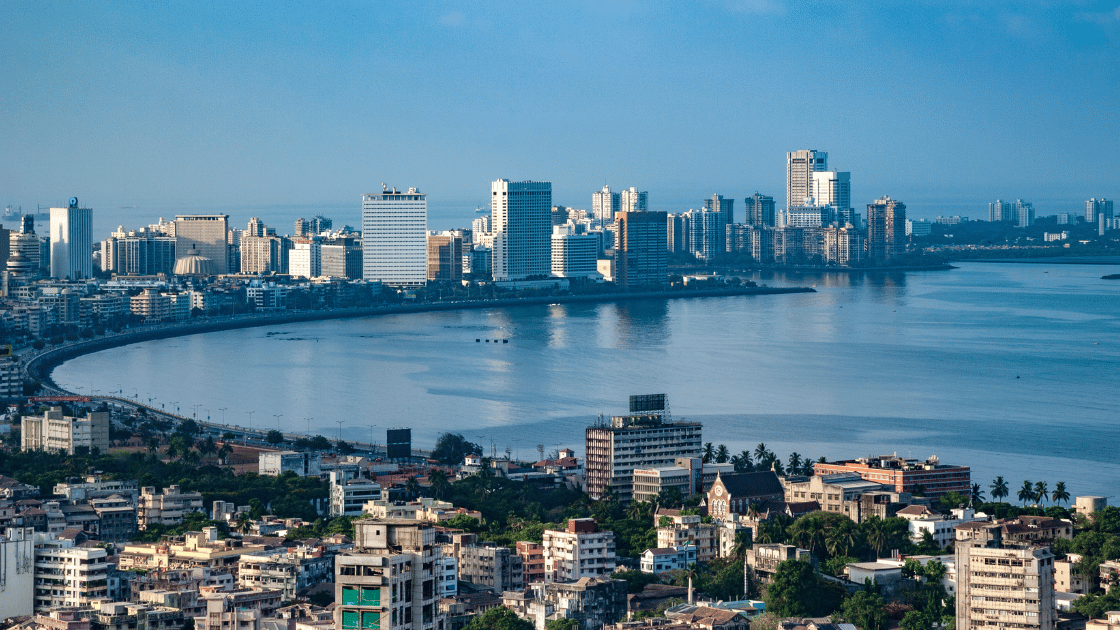
Mumbai has a dense urban layout, and with Maharashtra’s updated EV Policy 2021, it offers several financial and logistical benefits. EV cars are eligible for incentives up to ₹1.25 lakhs on various models and comprehensive road tax waivers.
Some of the highlights include:
- The city has more than 1500 charging points across regions like BKC, Andheri, Navi Mumbai, and Thane.
- MSEDCL and Tata Power are expanding public fast-charging networks with real-time slot availability apps.
Besides, Mumbai has stop-and-go traffic, thus EVs’ regenerative braking improves driving range. Even housing societies are greatly adopting shared charging hubs and reducing the installation costs for residents. Yet, limited space for parking and chargers in older buildings remains a challenge. Also, negotiate with the society management before the car purchase to get EV-compatible parking slots.
You can finance the cars via ICICI or Axis Bank EV loans that improve upfront costs, while EMI calculators help control monthly outflows with housing EMIs.
4. Hyderabad: Due to Its Growing EV Ecosystem and Affordability

Telangana’s progressive EV policy has established it as a major EV hub. It provides subsidies for both personal and fleet EV buyers. For example, Olectra and Pure EV operate from Hyderabad, which contributes to its strong service infrastructure.
Some of it includes:
- 800+ public charging stations set up across Hitec City, Gachibowli, and Jubilee Hills
- The Telangana State Renewable Energy Development Corporation oversees the charging expansion with public-private partnerships.
- EV insurance packages in Hyderabad are competitively priced due to lower accident rates, and hence, many fleet operators switch to EVs for last-mile delivery.
You can take advantage of low-interest EV loans from Indian Bank or Union Bank of India that provide lower processing fees. Also, check insurance premium variations across different areas, as Hyderabad’s moderate climate improves battery life as compared to northern extremes.
5. Prefer Pune: For Balanced Cost, Infrastructure, and OEM Proximity

Pune’s balanced urban spread and proximity to automotive manufacturing hubs like Chakan give it a competitive edge in EV ownership. Maharashtra’s subsidies also fully apply here, including ₹1.25 lakh direct subsidy and full road tax exemptions.
Some of the highlights include:
- Over 1000 public charging stations, especially near areas like Baner, Hinjewadi, and Kharadi IT parks.
- Various gated communities have pre-installed charging points.
Moreover, Pune’s mild weather provides optimal battery performance and even avoids heat-induced degradation, which is common in other Indian cities. Besides, local dealerships for Tata, Mahindra, and BYD offer better after-sales support. However, there are limited fast-charging stations on weekend getaways towards Lonavala or Mahabaleshwar.
For travelling within the city, opt for models that provide extended range or verify Tata Power’s charging corridors on the Pune-Mumbai highways. Also, you can opt for online platforms like BankBazaar to compare EV loans and insurance packages.
6. Choose Chennai: For Consistent Coastal Charging and Industry Backing
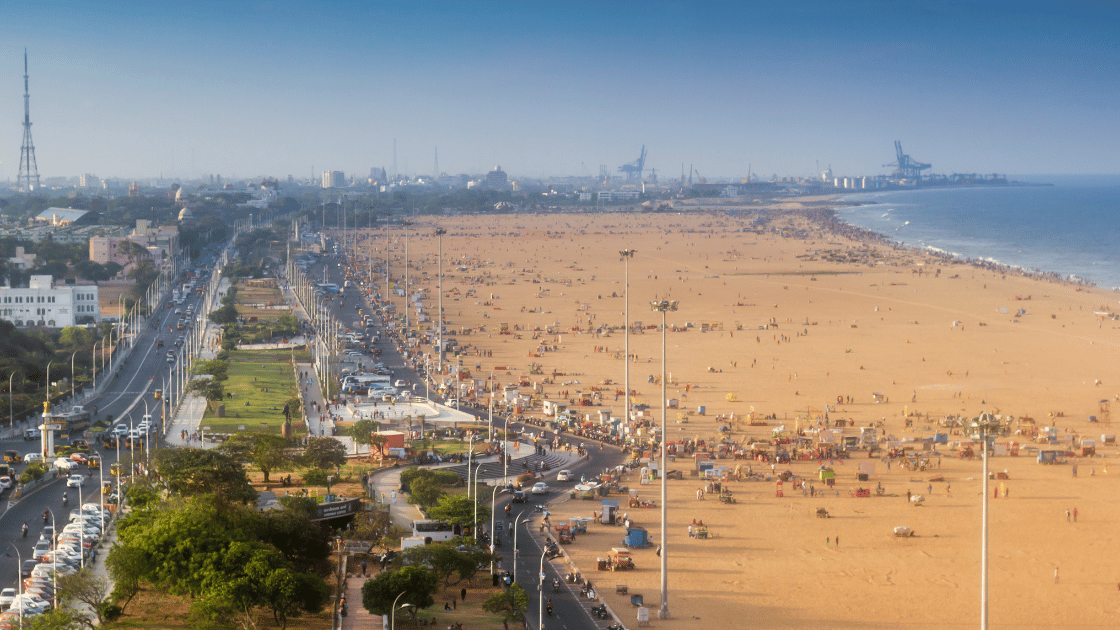
Chennai’s automobile heritage staunchly supports EV adoption. It has several OEMs like Hyundai and Ashok Leyland that drive EV production locally. Besides, Tamil Nadu’s EV policy offers road tax and registration fee waivers, thus providing economic ownership.
Some highlights include:
- Nearly 600+ public chargers across OMR, Anna Nagar, and Tambaram.
- TANGEDCO’s EV encourages lower tariff home-charging connections under the LT Tariff VI schemes.
Also, Chennai has a relatively flat topography that provides optimal range efficiency. But coastal humidity does affect older EV models’ battery cooling systems. Here’s where newer liquid-cooled battery packs eliminate this risk. In Chennai, using platforms like HDFC Ergo or ICICI Lombard helps to secure extended EV warranties that cover weather-related repairs. So, always check if your residential community supports the common charging infrastructure you invest in fast-charger home units.
7. Invest in Ahmedabad: For Expanding Charging Corridors and Affordability

Ahmedabad comes under Gujarat’s strong EV policy, which makes it quite affordable to buy for first-time buyers. You get direct subsidies of up to ₹1.5 lakhs in selected models with 100% road tax waivers and various financial benefits.
Ahmedabad actively supports EV cars and bikes, and it’s evident from the following facts:
- The city has more than 700 charging points, plus Torrent Power and Gujarat Energy Development Agency (GEDA) are aggressively expanding.
- It has dedicated charging hubs that are operational near the SG Highway, Gandhinagar, and Maninagar.
Moreover, Ahmedabad’s dry climate extends battery life and decreases degradation rates. Even regional insurance premiums are usually 10%-15% lower than those of metro cities, which makes the total cost of ownership quite attractive. Still, if you can’t afford then use platforms like SBI’s Green Car Loan that provides lower interest rates of nearly 7.5%-8% yet with minimal processing fees.
But always cross-check fast-charging options you planning road trips towards the Gir or Somnath, as those regions have limited infrastructure.
8. Look at Kochi: For EV Adoption in Tier-2 Cities
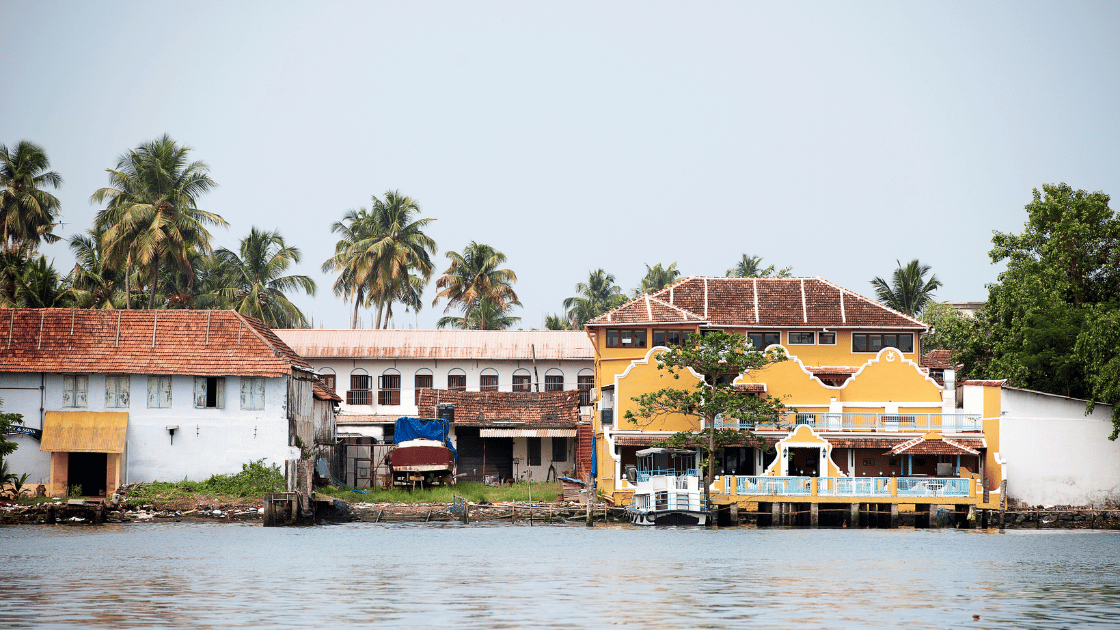
Kochi is a typical example of how tier-2 cities are adapting to the EV wave. Kerala’s EV policy targets upto 10 lakh EVs on the road by 2030 and would provide up to ₹1 lakh subsidies on eligible vehicles.
- Currently, Kochi has 300+ charging stations focused near Infopark, Edappally, and Kakkand.
- KSEB’s EV cell provides electricity tariff subsidies for home charging setups.
Also, the city’s narrow roads and short-distance commutes make electric cars practical for daily users. But heavy monsoon rainfall needs caution with older or unsealed battery designs. Always prioritize electric cars that provide higher ground clearance and IP-rated battery packs. You can even consider extended service packages from OEMs like Tata or BYD that address long-term battery health concerns in humid climates.
9. Choose Jaipur: For Affordable EV Ownership in North-Western India
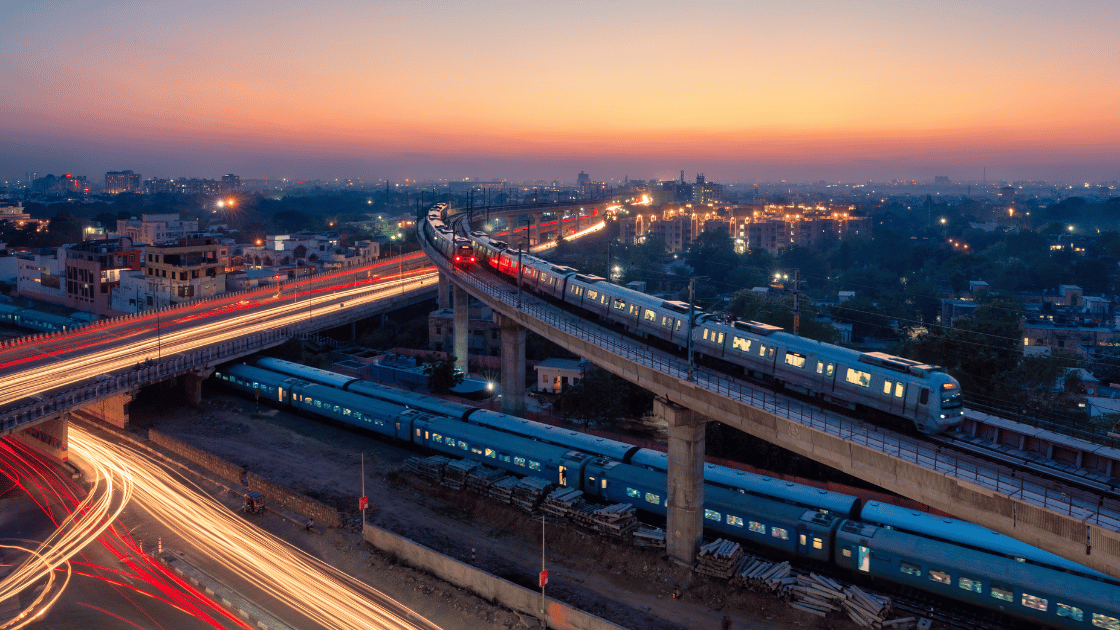
Jaipur is growing in its electric vehicle base and provides one of Rajasthan’s most financially viable EV ecosystems. Rajasthan’s EV policy provides subsidies of around ₹50000, which is beneficial for two-wheeler and budget-friendly compact EVs like the Tata Tiago EV and MG Comet.
Some highlights include:
- Over 400 public chargers are operating in the city, particularly near the C-Scheme, Mansarovar, and Vaishali Nagar.
- Jaipur Vidyut Vitran Nigam Ltd (JVVNL) has collaborated with ReNew Power and ChargeZone for a rapid public charging rollout.
Besides, low population density enables a smoother EV driving experience with minimal stop-start traffic. Even the region’s dry desert climate decreases the risk of battery degradation as compared to the coastal areas.
However, there is a limited availability of service centres for newer brands, which leads to longer repair wait times. Try to choose brands that have strong local dealerships, like Tata or Mahindra. You can use platforms like PaisaBazaar or BankBazaar to cross-check EV loan offers from SBI, Canara Bank, and AU Small Finance Bank. The latter gives better terms regionally.
10. Focus on Indore: It is a Fast-Emerging Tier-2 EV Market
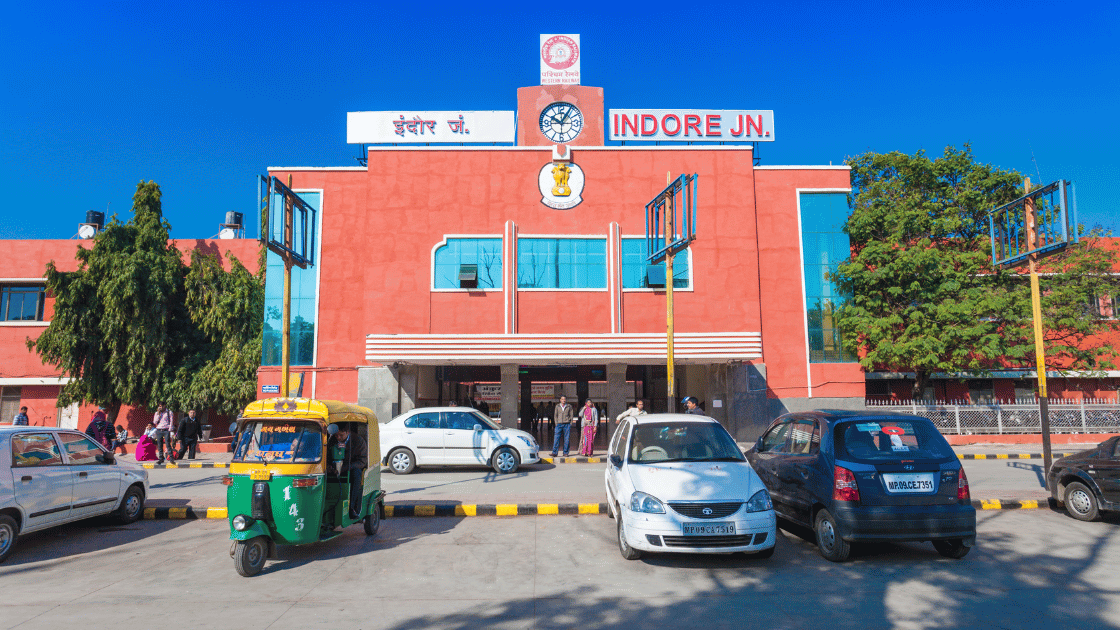
India has been awarded as India’s cleanest city for several years. Accordingly, it is proactively aligning its efforts to streamline public transportation and personal mobility sectors with electric vehicles. Madhya Pradesh’s EV policy provides upto ₹1.5 lakh subsidy for personal electric cars and waives registration fees entirely.
Hence, the City has:
- Over 300 operational charging stations across Vijay Nagar, Rajwada, and Super Corridor.
- Indore Municipal Corporation and DISCOMs are expanding both public and residential charging installations rapidly.
Also, Indore’s smaller geographic spread and decreased congestion make it a suitable place to drive electric cars. However, long-distance inter-city EV infrastructure is still developing in the city. Therefore, opt for EVs with fast charging capability and solid local service networks. Financial lenders like the HDFC Bank and Axis Bank provide regional EV auto loans with competitive pricing and EMI options. Yet, always check EMI calculators before buying.
11. Look at Lucknow: For Northern India’s Expanding EV Network
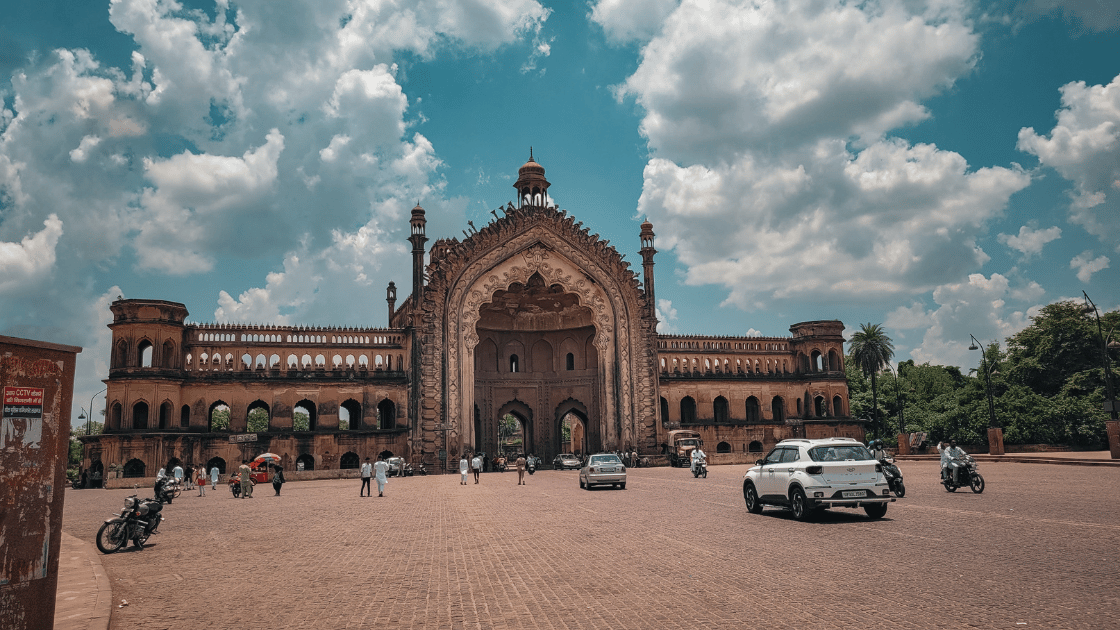
Lucknow is backed up by Uttar Pradesh’s encouraging EV policies, that is gaining greater traction. It provides incentives upto ₹1 lakh along with complete registration waivers that make ownership cost-effective.
Some of the highlights include:
- More than 500 charging stations are present around locations like Gomgi Nagar, Hazratganj, and Sitapur Road.
- Uttar Pradesh Power Corporation Limited (UPPCL) is increasingly expanding both domestic and commercial charging infrastructures.
Moreover, increasing EV adoption suits budget-conscious families, fleet owners, and government-backed taxi aggregators, contributing to electric fleets. But grid stability during peak summer months sometimes disrupts fast-charging efficiency. Also, install home chargers with surge protection. Many housing societies have collaborated with Tata Power and Fortum for safe domestic charging units. You can avail of ICICI Bank’s digital loan approval platforms for EV financing with reduced paperwork.
12. Analyze Chandigarh’s Model As A Smart City for EVs

Chandigarh’s comprehensive smart city initiatives include robust EV adoption. It provides a 100% exemption on road tax and registration fees for electric vehicles under its state EV policy.
It offers:
- 350+ public chargers operational in areas like Sector 17, IT Park, and Zirakpur
- Chandigarh Renewable Energy and Science and Technology Promotion Society looks after charging expansion, thus providing low-tariff residential installations.
Besides, with short intra-city commutes and excellent road quality, even low-range EVs are practical. It even boasts some of the lowest third-party insurance premiums for EVs, which benefits younger and first-time drivers. Also, cross-check the model-specific insurance price with platforms like PolicyBazaar and ensure the selected electric car provides strong winter range retention. This is because colder nights can reduce lithium-ion efficiency.
Final Words: Choosing the Top EV-Friendly Cities in India
Electric cars help you save fuel costs in the long run and yet are cleaner, thus effective in the long term. Cities like Bangalore, Delhi, Mumbai, Hyderabad, Kochi, Indore, Lucknow, and more are ideal for the purpose. These cities have growing infrastructure with EV-friendly policies and incentives from the government to cover the upfront costs. Before buying an electric car, analyze the city thoroughly.

